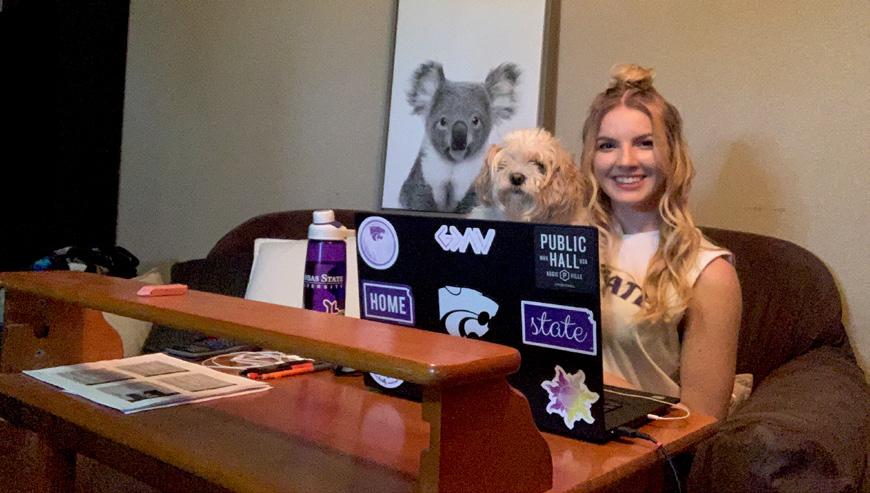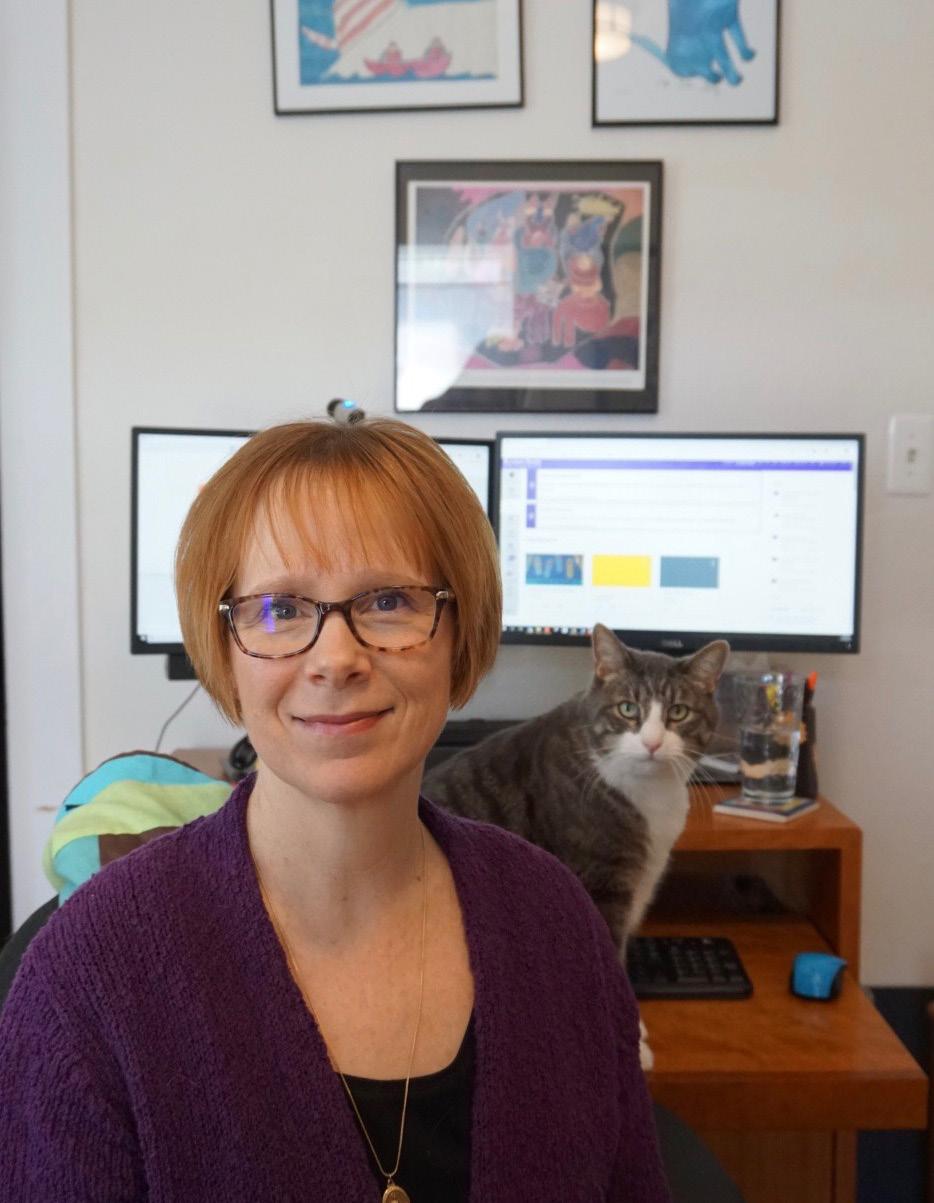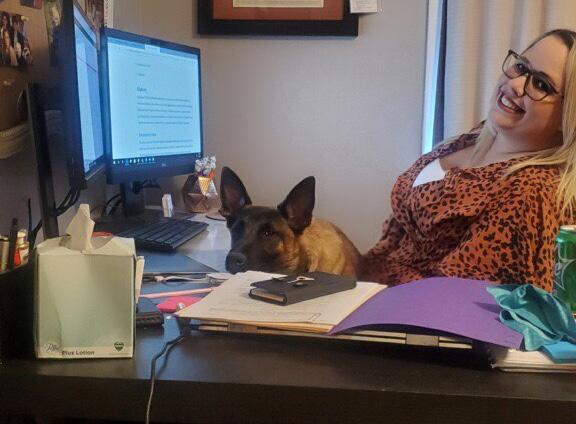
2 minute read
COVID-19 Response
In response to the COVID-19 pandemic, K-State closed campus to students beginning March 16, the day they were set to return from spring break. All classes were moved online. With the ever-changing situation, campus was then limited to essential work only and staff were asked to work remotely from home. Though the pandemic has caused great change for everyone, the university continues to work diligently to respond and provide as much as possible for not only students but faculty and staff as well.
• All courses were moved online through the summer.
Advertisement
• An online course design institute was developed to assist faculty in the transition and provide resources.
• May 2020 commencement was postponed to December 2020.
• Many student resources were moved online including counseling, academic tutoring and the library.
• Virtual campus visits are available to prospective students
Visit ksu.edu/kstatestrong for a full look at how the university was #kstatestrong during the pandemic.

Amber Howells, instructor, works from home with a little assistance from her youngest child while another naps and her two oldest complete their homeschooling.

Aubrey Koontz, senior in interior design, shows off her co-worker and her workspace.

Jenn MacFadyen, instructor, receives teaching assistance from her at home co-worker, Maximus.
HEALTH & HUMAN SCIENCES makes an impact
The College of Health and Human Sciences has also contributed to the fight against COVID-19 in a variety of ways.
• Mark Haub, food, nutrition, dietetics and health, volunteered in the KDHE labs to help run tests.
• Autumn Caycedo, physician assistant program, is the chief of internal medicine at Ascension Via Christi Hospital, working overtime.
• David Brosa, physician assistant program, is a physician assistant in the emergency room at Stormont Vail in Topeka working with the sickest COVID-19 patients.
• Linda Yarrow, food, nutrition, dietetics and health, continues to work at the Clay County Medical Center, working with teams to make sure hospital employees are eating in a safe environment.
• Kim Hiller Connell, Sherry Haar, Barbara Anderson, interior design and fashion studies, and Bronwyn Fees, dean’s office, have been making fabric masks for health care workers.
• Ericka Bauer, hospitality management, donated food from Lacy’s Fresh Fare and Catering to the Pawnee Mental Health Crisis Stabilization Center and the Flint Hills Breadbasket.
• David Thompson, conflict resolution, has invited family members to attend their students conflict resolution online classes.
• Multiple research labs have donated personal protection equipment.

Kari Morgan, associate professor, and her co-worker at her remote working station.

Nikki Tucker, clinical director for the physician assistant program, gets help from her dog while working from home.



